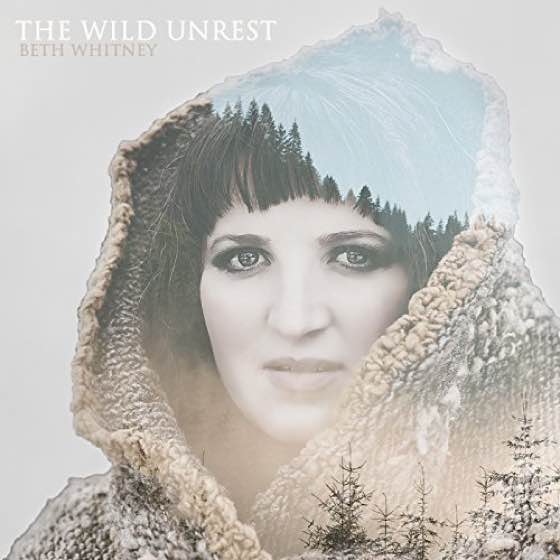Singer-songwriter Beth Whitney's The Wild Unrest is a transformative journey. The album's imagery comes from Whitney's time living in a cabin in the woods with her family.
Whitney's tranquil vocals pair with R&B artist Carina Lewis and Sarah Gerritsen on "Tides Are for Sirens," a reflection on human consciousness and connectedness conveyed by the song's lyrical content and melody. "Raven" has the eeriness and ghostliness of Edgar Allan Poe's "The Raven." Exposing the hidden history of the woods, the song confronts issues of murdered and missing Indigenous people, underscored by an echoed rimshot on the snare, coupled with a drum kick — the drums allow room for other instruments to float. Strings elevate the folk ballad "Tumwater," a song about grief and loss that emits tenderness and hope.
Listening to The Wild Unrest is a serene and meditative escape from reality.
(Rock Paper Scissors)Whitney's tranquil vocals pair with R&B artist Carina Lewis and Sarah Gerritsen on "Tides Are for Sirens," a reflection on human consciousness and connectedness conveyed by the song's lyrical content and melody. "Raven" has the eeriness and ghostliness of Edgar Allan Poe's "The Raven." Exposing the hidden history of the woods, the song confronts issues of murdered and missing Indigenous people, underscored by an echoed rimshot on the snare, coupled with a drum kick — the drums allow room for other instruments to float. Strings elevate the folk ballad "Tumwater," a song about grief and loss that emits tenderness and hope.
Listening to The Wild Unrest is a serene and meditative escape from reality.
